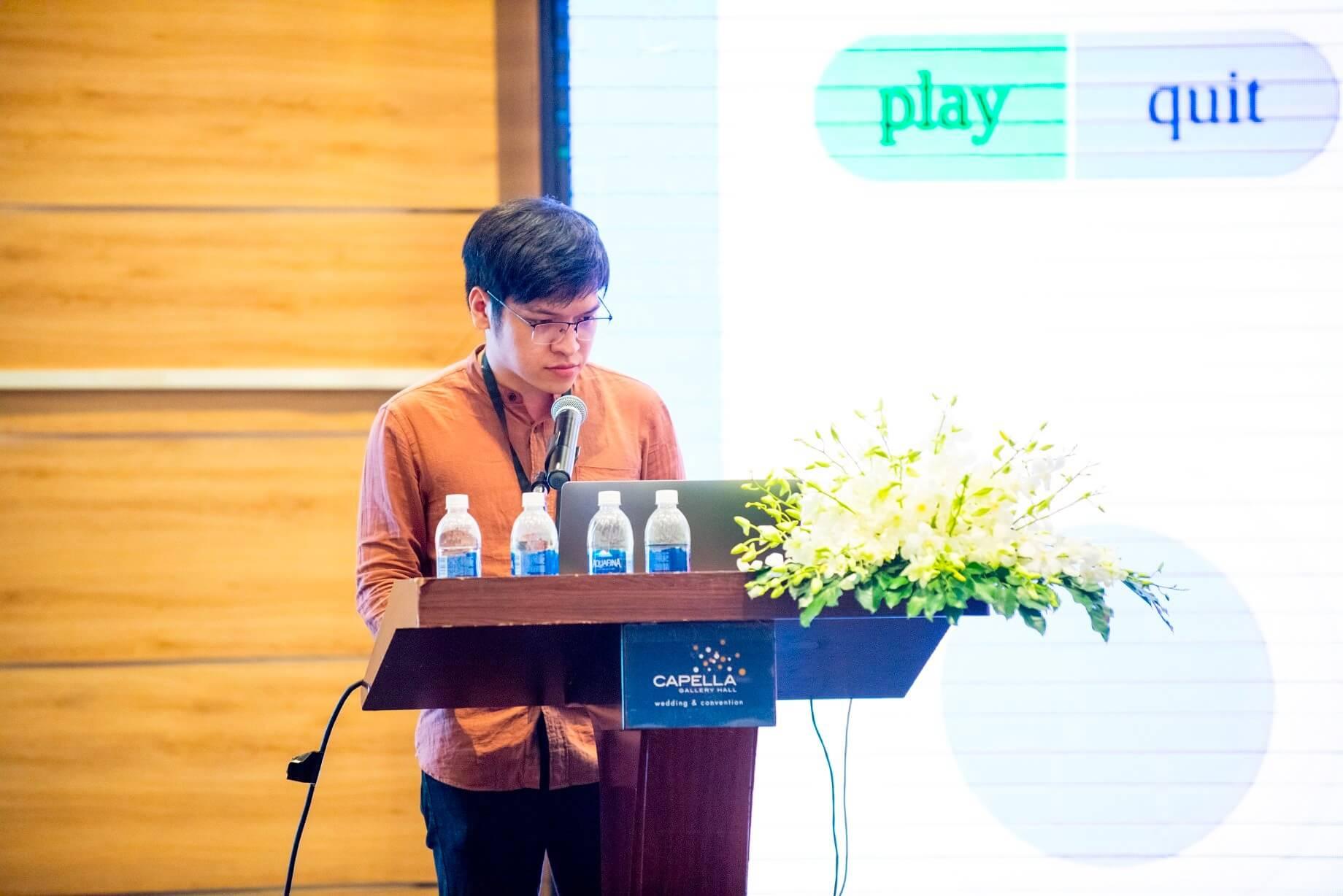“Open-Source Cloud Gaming changed my career, from Singapore to Meta US”
Thanh Nguyen Huu - Senior Software Engineer at Meta (US)
During my time working at Grab Singapore, I stumbled upon news online about Google developing a project on cloud gaming. I was really intrigued by its technological aspect, which seemed almost impossible. That’s when the idea struck me, “Why not try creating something similar myself?” And that’s how CloudRetro began.
I dedicated a lot of time to research and prototype development. Instead of building a platform for AAA games, I decided to start with classic retro games. I shared my idea with Tri, a long-time friend and a skilled hacker. Fortunately, Tri was also excited to contribute, and together we brought the project to GitHub. We thought, let’s give it a try. To our surprise, one morning we woke up to find our project at the top of the trending list on GitHub. Suddenly, it received 300 stars and attracted a lot of attention. As of now, the project has gathered 2.1k stars on GitHub. You can check out our project here: link.
I greatly admire those who have achieved success in various fields. For example, there’s a senior figure who recently won an international medal and successfully started a business in the electric vehicle industry. This shows that their accomplishments are not just a result of luck, but also talent and determination. In my case, most of my achievements came from participating in algorithm competitions during high school, which led to scholarships for studying abroad and interviews with big tech companies. So, succeeding in the realm of Open Source is a moment I truly take pride in. I have surpassed the shadow of my past algorithm awards and have created a new identity for myself. I was able to apply my problem-solving skills and backend-front-end experience to create a complete and groundbreaking product.
I released CloudRetro before Google Stadia, and being the only Cloud Gaming project on GitHub, it surprised the community. When the project gained popularity, many people reached out to me. Some wanted to collaborate and help develop the product, while others were foreign investors and founders of large startups interested in partnering. The unexpected collaboration proposals made me contemplate whether I should quit my job at the big tech company to pursue the project full-time. However, I decided to continue my main job and maintain the project during my free time. At that time, I transitioned from Grab to Meta Singapore, hoping that one day Meta would notice my project and provide funding. I gave a presentation at the Meta Singapore office, but surprisingly, the Head of Cloud Gaming from Meta US stayed awake to watch my presentation. He contacted me and shared my project with the Cloud Gaming team in the US for reference.
After some time, I felt that Meta Singapore didn’t have many exciting projects related to my passion, so I decided to move from Singapore to Meta US. At this point, although my passion remained, my belief in Cloud Gaming wavered. I decided to explore a related field, livestreaming. The journey from Singapore to the US in the realms of cloud gaming and livestreaming felt natural. The video and livestreaming domain I’m currently working on at Meta US also presents challenging and interesting problems. Thanks to my previous experience with the cloud gaming project, I was able to apply many things to my current work.
Since engaging in open source, I have become more involved in various communities. Initially, my main purpose was to promote my project, but unexpectedly, I became inspired by other developers and met truly cool and passionate coders. Many of them weren’t working for big tech companies but possessed deep expertise and left a strong impression on me. I have a fascinating story about the cloud gaming project. When I joined Meta US, my workload became intense, and I no longer had enough time to continue developing the project. Then a developer from Russia, named Sergey Stepanov said that the project was amazing and started committing code continuously to it. From that point on, Sergey took over all the maintenance, community management, and development tasks. The project started with around 300 stars on GitHub and has now reached 2100 stars, remaining vibrant and enthusiastic. What’s special is that Sergey never asked me to do anything for him, even though Russia was facing difficulties with the war, and he even didn’t have a formal job. There were times when I asked, “Do you need any help? Should I refer you for a job since many people have contacted me?” Sergey replied that he was content with contributing to the open-source cloud gaming project at the moment. Working with developers like Sergey is truly valuable and admirable. They pursue their profession with passion and sincerity. I also realized that the key to having someone accompany you without any personal gain is when you and that person share the same vision.
